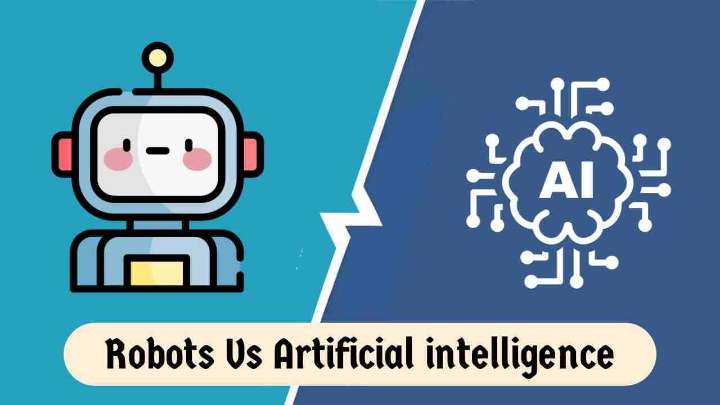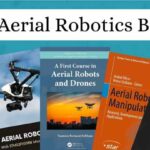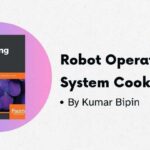Robots and Artificial Intelligence (AI) are often mixed up, but they’re not the same. Now you may ask, what is the difference between robots and Artificial Intelligence?
Well, Robots act, while AI thinks. Robots are physical, while AI can exist totally in software. Think of mechanical arm in a factory, assembling parts as a robot and Siri on your phone as an AI.
Robots might just follow instructions, while AI can learn and make decisions. By understanding these concepts, you’ll see how they work separately and together. But there are also some crucial difference which we are gonna explore on this article.

Table of Contents
What is a Robot?
A robot is a machine built to perform a variety of tasks. These tasks can range from simple to complex, depending on the robot’s design. Unlike Artificial Intelligence, robots are physical entities you can touch.
Most robots are not intelligent. They simply follow commands and perform repetitive tasks without thinking.
What is Artificial Intelligence
Artificial Intelligence is the form human thinking in machines. It can make decision based on trained data. Unlike robots, AI doesn’t need a physical form. It can exist purely as software, like the virtual assistants on your phone.
The main difference is that AI can learn from experiences, make decisions, and improve over time. Chatbots that respond to your questions or image recognition software that identifies objects are great examples of AI.
Difference between Robots and Artificial Intelligence
Physical vs Non-Physical
Robots are physical machines. You can touch and see them. Think of them like tools that perform actions in the real world, like robotic arms in factories. Artificial Intelligence (AI), however, often exists as software. You can’t see or hold AI because it’s not tied to any physical body. It lives in your smartphone or computer, processing data, making decisions, and learning.
Tasks
Robots are built to perform tasks. Whether it’s welding in a factory or vacuuming your house, they physically act in the world. AI, on the other hand, processes data and makes decisions. AI might help a robot decide which path to take, but AI itself doesn’t perform physical tasks.
Independence
Robots without AI stick to rules. They follow strict instructions, repeating the same actions, no matter what happens around them. But AI powered robots can adapt, learn, and respond to different situations.
Error Handling
Robots follow strict instructions. If there’s an error in their programming, they might stop completely. It won’t correct itself—it simply halts. AI, on the other hand, can learn from its mistakes.
Interaction
Robots mainly interact with the physical world. They move objects, assemble parts, and perform tasks in factories. It’s designed to handle real-world objects. On the other hand, AI interacts with the digital world. It processes data, analyzes information, and makes decisions. A virtual assistant, for example, answers your questions by analyzing tons of data.
Conclusion
In simple terms, robots are the physical workers, while AI is the brain behind them. That’s the main difference between machines Robots and Artificial Intelligence. They are often confused, but understanding their differences opens up new ways to think about technology. Robots follow commands, while AI learns and adapts. Together, they’re shaping industries and even our homes.
FAQs: Frequently Asked Questions
Do all robots use artificial intelligence?
No, not all robots use artificial intelligence. Some follow pre-programmed instructions without adapting or learning.
What is the relationship between AI and robotics?
AI and robotics work together to create intelligent machines. Robots perform physical tasks, while AI provides the “brain” to make decisions and adapt.
Is Every robot intelligent?
No, not every robot is intelligent. Some robots follow simple instructions without any learning or decision-making capabilities.
Do industrial robots use AI?
Not always. Some industrial robots operate based on pre-programmed tasks without AI. However, AI can enhance their capabilities, making them more adaptive and intelligent.
What is the role of AI in robots?
AI gives robots the ability to learn, make decisions, and adapt to new situations









